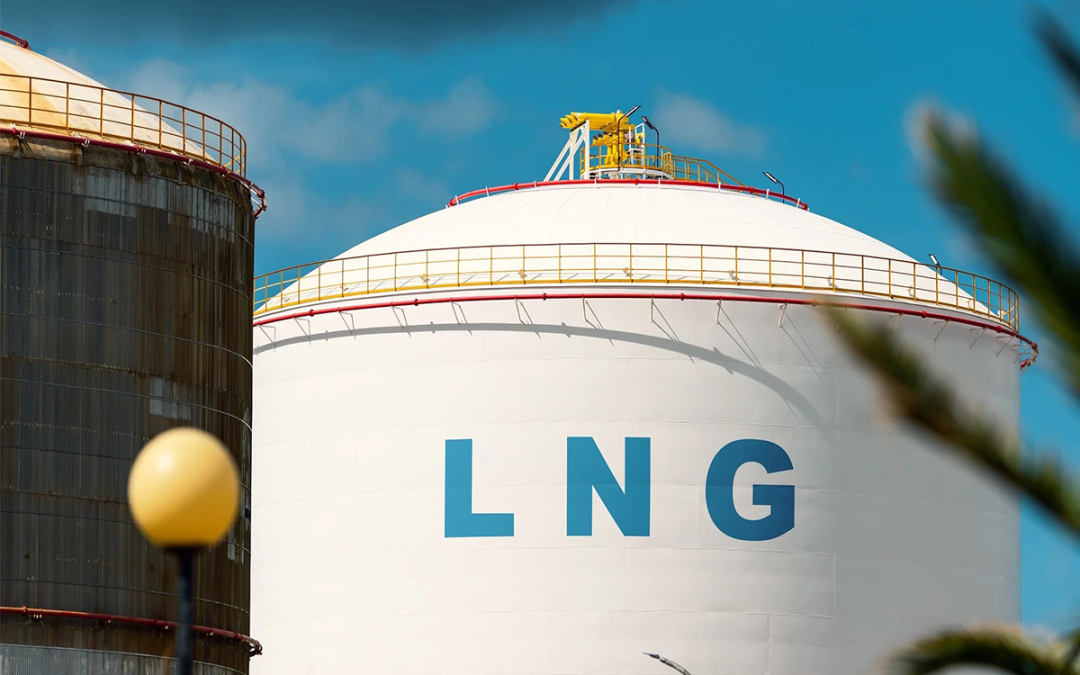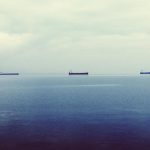HD Korea Shipbuilding & Offshore Engineering has secured a significant contract to construct four 18,000㎥ class LNG bunkering vessels for an African shipping company, valued at 538.3 billion won. This announcement, made on Feb. 10, further boosts expectations for a prosperous year.
The vessels, which will be built by HD Hyundai Mipo, are scheduled for delivery by the second half of 2028. These LNG bunkering vessels play a crucial role in refueling other ships with liquefied natural gas (LNG) at sea, a cleaner alternative to traditional marine fuels. The demand for such vessels is on the rise, driven by the International Maritime Organization’s stringent eco-friendly regulations aimed at reducing greenhouse gas emissions from ships.
The global maritime industry is witnessing a significant shift towards LNG as a propulsion fuel, with the number of LNG-powered ships expected to increase by 149% from 472 in 2023 to 1,174 by 2033. Additionally, the annual consumption of LNG for bunkering is projected to grow to 15 million tons by 2028, underscoring the importance of this contract for HD Korea Shipbuilding & Offshore Engineering.
This latest order follows a series of successful contracts for the company. In September last year, they secured orders for two 18,000㎥ class and one 12,500㎥ class LNG bunkering vessels, and in November, they received orders for four more 18,000㎥ class vessels. The company also recently secured an initial order for 12 LNG dual-fuel propulsion container ships worth 3.7 trillion won from a French shipping company.
A company official stated, “Based on HD Hyundai Mipo’s world-class technology in the medium-sized ship sector, we plan to lead the eco-friendly ship market, including LNG bunkering vessels and liquefied carbon dioxide carriers.” This statement highlights the company’s commitment to advancing eco-friendly maritime solutions and maintaining its competitive edge in the global shipbuilding industry.
The domestic shipbuilding industry in South Korea is experiencing a streak of order successes, raising expectations for a prolonged K-Shipbuilding supercycle. This optimism is further fueled by geopolitical developments, such as potential sanctions and regulatory measures affecting Chinese shipyards. An industry insider noted, “If shipowners begin voluntarily avoiding Chinese shipyards, significant benefits are expected for domestic shipbuilders.”
Source: Business Korea






